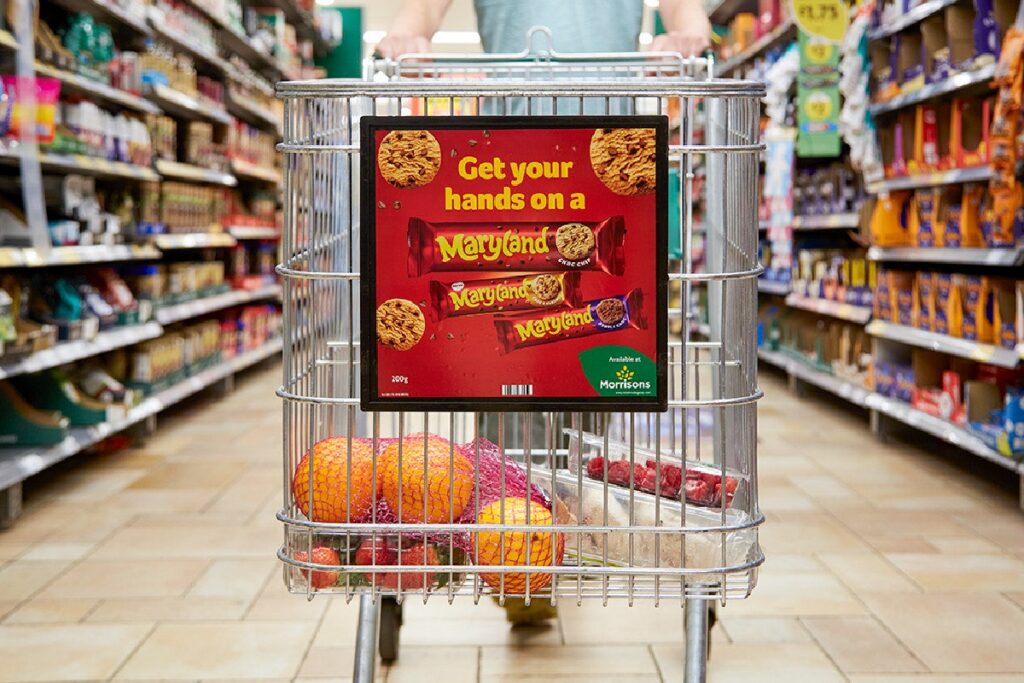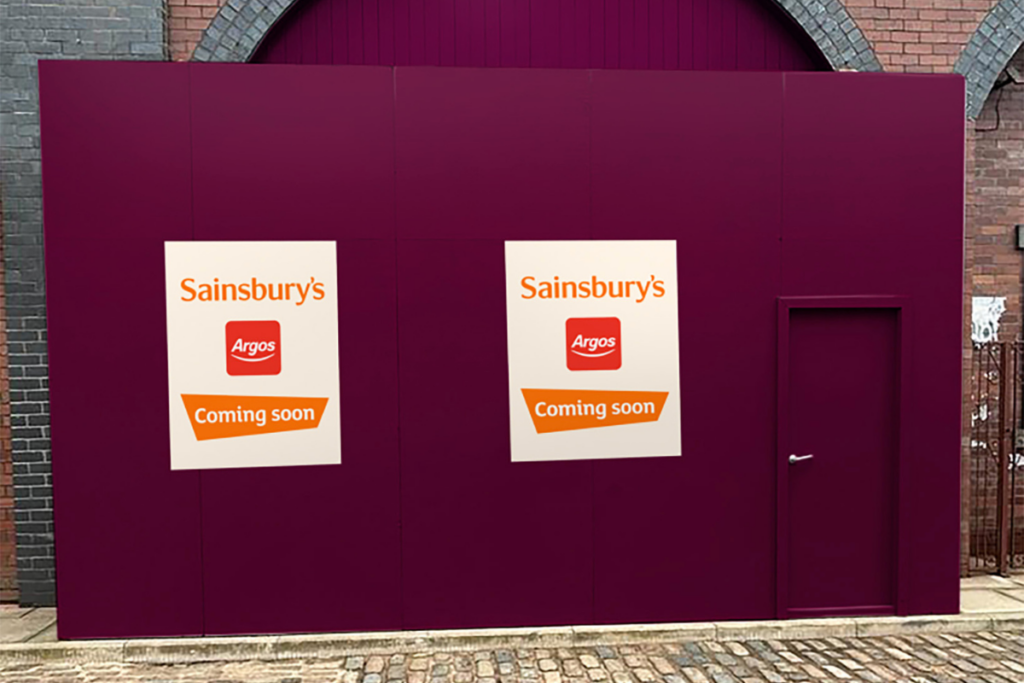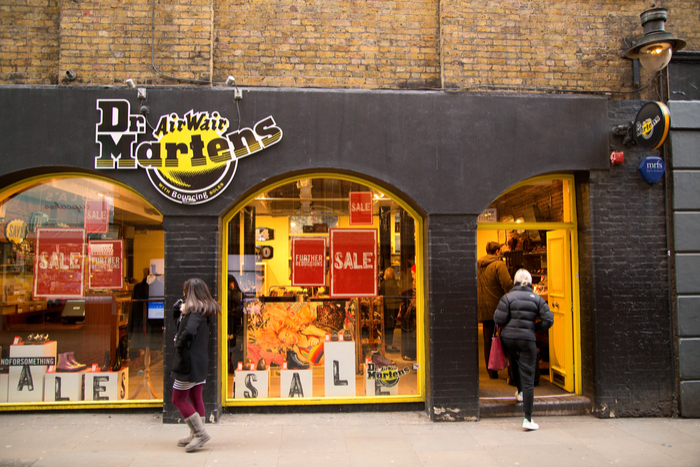It‘s perhaps the most unexpected turnaround in modern high street history. HMV, seemingly murdered by online competitors, has risen from the dead to grow again.
The company have grown their market share in the UK entertainment industry from 13.6 per cent to 14.7 per cent and have snatched back second place in the sector, overtaking Tesco and sitting just below giants Amazon who hold a 21.8 per cent share.
HMV collapsed into administration just last year as they failed to compete with supermarket and online prices but were bought out by private equity group Hilco who have managed to turn fortunes around after an aggressive streamlining push. They now have half as many stores as they did during their time of intense financial turbulence, currently holding 125, but the strategy looks to be working.
Traditionalists will be pleased to see HMV fight against what seemed to be a doomed existence as the company have a rich history in terms of British retail. The origins of the store stretch way back as far as the 1902 Gramophone Company from which HMV eventually spawned. In 1921, the company opened the first dedicated HMV shop in the grand location of Oxford Street.
HMV matured to become the country‘s leading music retailer, undergoing massive expansion throughout the 1960s and ‘70s and doubled in size. They then decided to relocate their flagship store just up the road to another Oxford Street residence which became the largest record store in the world.
Not foreseeing a brewing online future, the HMV group turned down two offers from private equity firm Permira in 2006, the largest of which was around £800 million. From this point on HMV toyed with initiatives like incorporating cinemas and live music venues in-store in an attempt to offer a different experience to internet retailers.
Despite some small successes, sales figures began to sink. A sombre announcement in 2011 that profits would be low and 40 stores were to be closed was followed by the sale of assets such as Waterstones and the Hammersmith Apollo venue.
But after a lengthy administration process, HMV are somehow back on the up which means yet more bad news for the big four supermarkets, all of whom recorded a year-on-year decline in the entertainment industry.
Whilst HMV are certainly still not the force they used to be, and show little sign of becoming so, the latest figures are a big victory for a retailer which seemed destined to have its life support switched off just a few years ago.

















